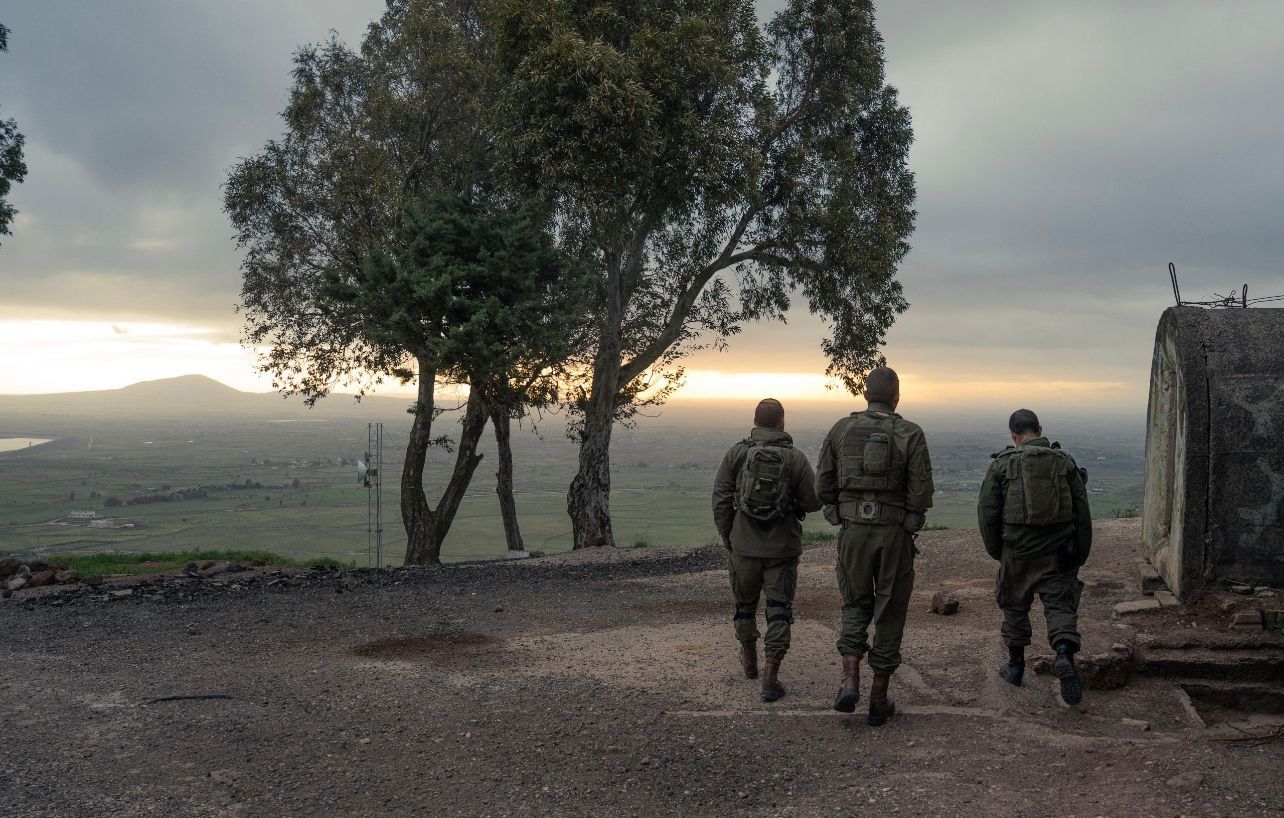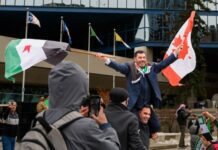
Israeli forces have intensified their military activities in southern Syria, particularly in Quneitra Governorate near the occupied Golan Heights, prompting renewed concern over what Syrian officials and local activists describe as a calculated campaign of provocation and destabilization.
On Sunday night, May 18, Israeli troops infiltrated the Saraya Rasm al-Halabi area in central Quneitra without prior warning. According to local sources, five armored vehicles entered the area, spread out, and searched the vicinity for nearly 12 hours before withdrawing. The site, formerly a Syrian military post, had been raided in similar operations earlier this year, including on March 8 and again on May 5.
“These incursions violate the 1974 Separation of Forces Agreement and UN resolutions, but the lack of accountability encourages Israel to escalate,” activist Muhammad al-Mahasneh told the New Arab. He accused Israel of seeking indirect control over strategic territory through repeated “temporary presence” deployments and land confiscations.
Local Livelihoods Threatened by Military Tactics
Beyond military maneuvers, Israeli forces are also being accused of targeting civilian livelihoods. Last week, May 15, Israeli troops reportedly set fires to more than 50 dunams of farmland near Tal Ahmar, destroying hundreds of olive trees. Civil activist Muhammad al-Bakr told the New Arab the action was designed to “force us to slowly leave our land,” despite his community’s determination to remain.
“This is about more than just military control—it’s an effort to reshape the demographics of the region,” Bakr said.
Israeli officials, however, assert that their presence in Syria is driven by security concerns. Defense Minister Yisrael Katz claimed that Tel Aviv seeks to “remove strategic threats” and keep Syrian airspace “open,” while reiterating Israel’s supposed commitment to “protecting the Druze community.”
Yet Syrian authorities reject these claims. “Israel is using the Druze issue as a pretext to justify repeated violations of Syrian sovereignty,” said a Syrian government spokesperson, adding that the state is responsible for all its citizens, and no foreign power has the right to intervene.
As Israeli incursions grow more frequent and Syria’s internal turmoil deepens, activists and officials alike are calling on the international community to step in. “We need real action, not just statements,” said Mahasneh. “Otherwise, these violations will become the new normal.”








